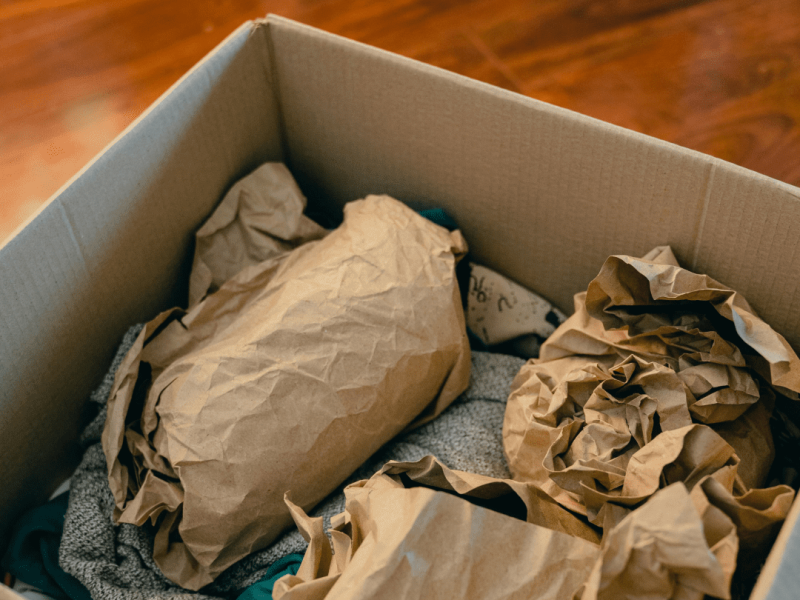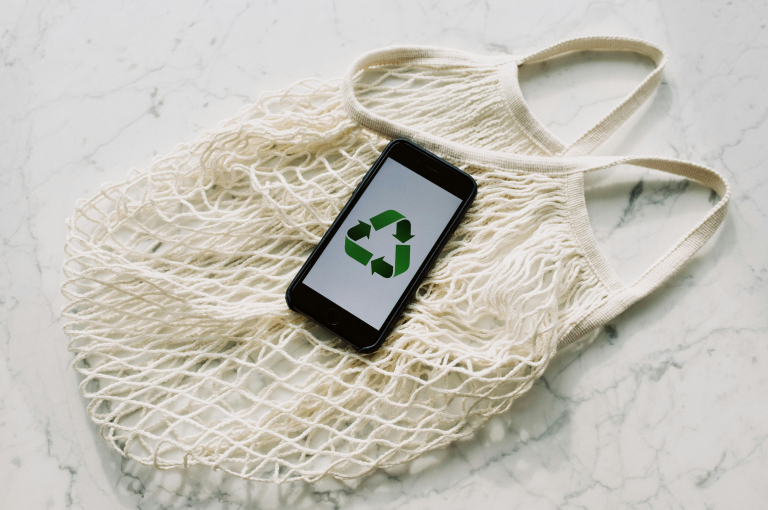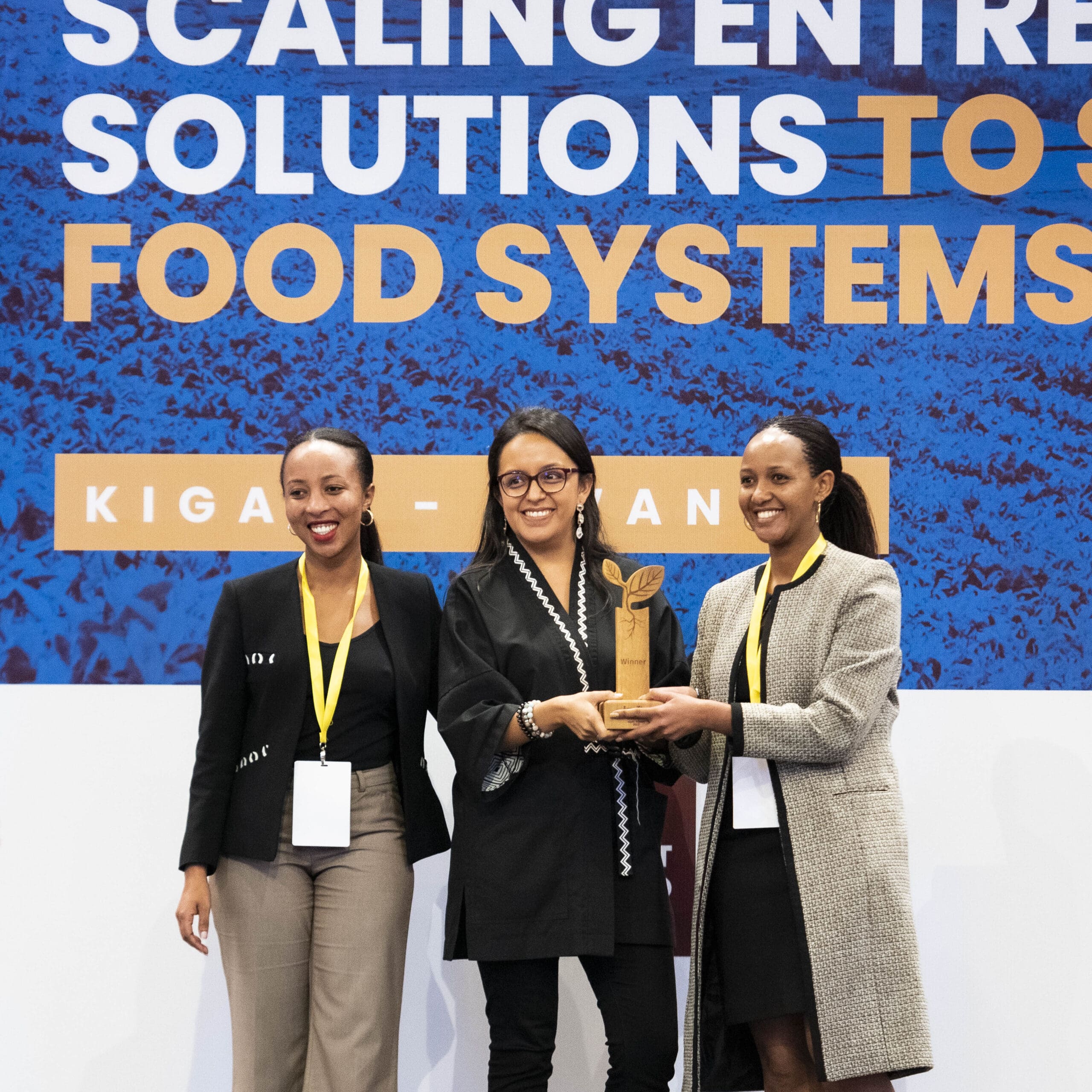Biodegradable Packaging in Rwanda: A Sustainable Shift

- Impact Hub Kigali
- Author

As the world faces the environmental impact of plastic pollution, Rwanda is leading the way in Africa with its commitment to sustainable packaging. The country’s strong stance on environmental conservation, including its pioneering ban on non-biodegradable plastics, has positioned Rwanda as a model for green initiatives. This article explores the growing trend of biodegradable packaging in Rwanda, highlighting the benefits, challenges, and potential for future growth.
The Rise of Biodegradable Packaging
In 2008, Rwanda became the first African nation to ban non-biodegradable plastic bags, a landmark decision that led to a significant drop in plastic waste in the country. Since then, Rwanda has continued to strengthen its environmental policies, pushing for sustainable alternatives to plastic. One of the most promising solutions is biodegradable packaging, which offers an eco-friendly alternative to traditional plastic packaging.
Biodegradable packaging is made from natural materials such as cornstarch, sugarcane, and plant fibers. These materials break down more easily in the environment, reducing the harmful impact of plastic waste. In Rwanda, companies like Umuti Packaging and Arth Biobag are among those contributing to this movement, producing biodegradable packaging solutions for various sectors, including agriculture, food, and retail.




Why Biodegradable Packaging?
The shift towards biodegradable packaging in Rwanda is driven by several factors:
- Environmental Impact: Traditional plastic packaging takes hundreds of years to decompose, leading to severe environmental pollution. In contrast, biodegradable packaging decomposes much faster, reducing the burden on landfills and the environment.
- Health Benefits: Non-biodegradable plastics can release harmful chemicals into the environment, potentially contaminating food and water sources. Biodegradable packaging, made from natural materials, is free from toxic chemicals, making it a safer choice for consumers.
- Economic Opportunities: The global shift towards sustainable packaging has opened up new economic opportunities for Rwanda. By investing in biodegradable packaging, Rwanda is positioning itself as a leader in the green economy, attracting investments and creating jobs in the sector.
Challenges and Opportunities
While the benefits of biodegradable packaging are clear, there are challenges that Rwanda must address to fully realize its potential:
- Cost: Biodegradable packaging is often more expensive to produce than traditional plastic packaging. This can be a barrier for small businesses and consumers who may not afford the higher costs.
- Consumer Awareness: Despite the environmental benefits, many consumers are still unaware of the advantages of biodegradable packaging. Increasing awareness through education and marketing campaigns is crucial to drive adoption.
- Infrastructure: Effective waste management systems are essential for the successful implementation of biodegradable packaging. Rwanda must continue to invest in recycling and composting facilities to ensure that biodegradable materials are properly processed.
However, these challenges also present opportunities for innovation and growth. For instance, the Rwandan government and private sector can work together to subsidize the cost of biodegradable packaging, making it more accessible to businesses and consumers. Additionally, initiatives to educate the public about the benefits of biodegradable packaging can help increase demand and drive market growth.

The Future of Biodegradable Packaging in Rwanda
Looking ahead, the future of biodegradable packaging in Rwanda is promising. With the government’s continued support for environmental policies and the growing interest from the private sector, Rwanda is well-positioned to become a leader in sustainable packaging. As global demand for eco-friendly packaging solutions increases, Rwanda’s commitment to biodegradable packaging could serve as a model for other countries in the region and beyond.
Moreover, Rwanda’s focus on innovation and entrepreneurship provides a fertile ground for the development of new biodegradable materials and technologies. By fostering collaboration between researchers, businesses, and policymakers, Rwanda can continue to push the boundaries of what’s possible in sustainable packaging.
Conclusion
Biodegradable packaging is more than just an environmental trend; it’s a crucial component of Rwanda’s strategy for sustainable development. By embracing biodegradable packaging, Rwanda is not only reducing its environmental footprint but also paving the way for a greener, more prosperous future. As the world moves towards a circular economy, Rwanda’s leadership in biodegradable packaging offers valuable lessons for other countries seeking to balance economic growth with environmental stewardship.

Join Our Community of Changemakers!
Sign up for our newsletter to unlock exclusive perks, exciting opportunities, and a dose of inspiration every other month. Stay connected and be the first to know about the latest in innovation, impact, and more!
You also might like

The Road to the Prize|The Agroecological Food Futures Prize 2024
The Road to the Prize|The Agroecological Food Futures Prize 2024

Unlocking Revenue with Cost effective circular solutions|Recap article
Unlocking Revenue with Cost effective circular solutions|Recap article

